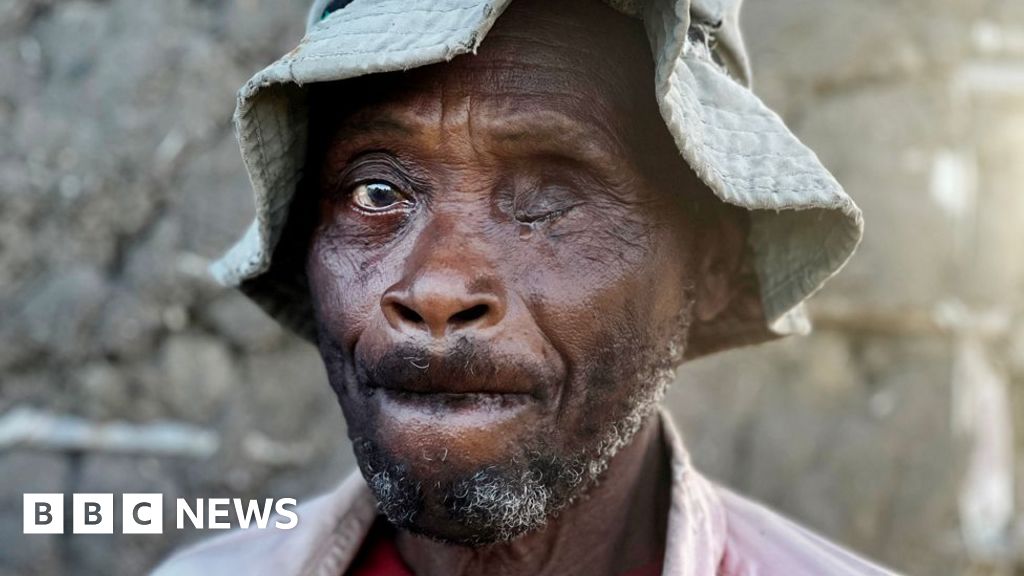Oh hey, just like the Salem witch trials in the US. In the 1690s.
Yes, all those wealthy 17th century Puritan women who were killed for their land that they were allowed to have. I totally forgot about that. /s
It wasn’t just women. The case of Giles Corey is probably the most famous.
Guy sounds like he was a piece of shit his whole life. Not surprised someone would make up a claim.
widows did have some legal rights and could inherit property from their deceased husbands.
https://en.wikipedia.org/wiki/Women_in_17th-century_New_England
Accusing an old widowed lady of being a witch to take her land? Sounds quite plausible to me.
Seems you did, in fact, forgot about that
Sometimes you hear very progressive news about Kenya and you think it is why one of the few stable and progressive African countries. But then on the one hand, you hear something like this.
I’m guessing, like in so many developing nations, the good news you hear is mostly about Nairobi and Mombasa and the other larger metropolitan areas and not so much about the dirt poor rural parts.
What a sad and depressing report :(
supposedly over witchcraft but really over land
Superstition is bad on a vacuum, but the most important reason why it should be opposed is because of the cynicals who promote unreason for their own personal gain.
This is the best summary I could come up with:
BBC Africa Eye investigates a shocking spate of elderly people accused of witchcraft then murdered along Kenya’s Kilifi coast, and discovers the true motives behind the killings.Seventy-four-year-old Tambala Jefwa stares vacantly out of his one remaining eye as his wife, Sidi, gently removes his shirt.“They stabbed him with a knife like this and pulled,” she says pointing to the long scar stretching down from his collar bone.She takes his head in her hands showing what happened in another attack.
“They had to pull the scalp back and sew it together.”Mr Jefwa was accused of being a witch and has been attacked twice in his home, 80km (50 miles) inland from the coastal town of Malindi.
Belief in witchcraft and superstition is common in many countries.But in parts of Kenya, Malawi, Tanzania and South Africa, it can be used to justify killing elderly people to take their land.A report called, The Aged, on Edge, by Kenyan human rights organisation Haki Yetu says one elderly person is murdered along the Kilifi coast every week in the name of witchcraft.
Its programme officer, Julius Wanyama, says many families believe it is one of their own who orders the killing.“They use the word witchcraft as a justification because they will get public sympathy.
It must be their family,” he tells BBC Africa Eye.Pushed on how and why he thought it was his right to take someone’s life, he responds: “I may have done something bad because I was given the job and it is me that killed, but according to laws, according to God, the person who sent me is the guilty one.”The Kenya National Commission on Human Rights presented a document to the United Nations in February 2023 stating: “Witch burning, killings, and physical attacks are rife in regions such as Kisii in western Kenya and Kilifi county in coastal Kenya.” It went on to say that younger family members seeking to acquire family land is a key motivating factor behind the killings.
The ex-con, illegal guns and the fear of Kenya’s policeThe volunteer crime fighters using whistles, whips and gunsSierra Leone sexual violence: What difference did the national emergency make?TB Joshua: ‘We thought it was heaven but then terrible things happened’
The original article contains 1,029 words, the summary contains 369 words. Saved 64%. I’m a bot and I’m open source!
Oh look another argument for secularism.
The Kenyan Inquisition.
“Historically people here in Kilifi do not have [land] documentation. The only document they have is the narrative from these elderly people. That is why mostly men are being killed, because once you kill them, then you have removed the obstacle,” says Mr Wanyama.
As is tradition.







